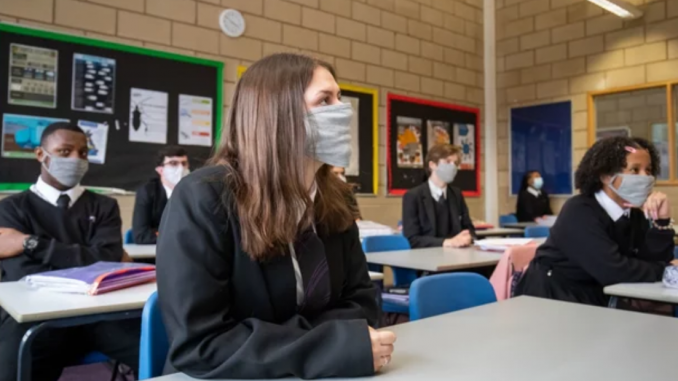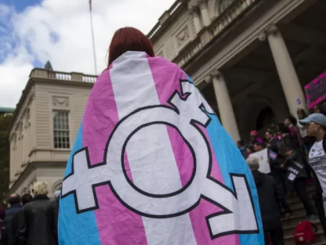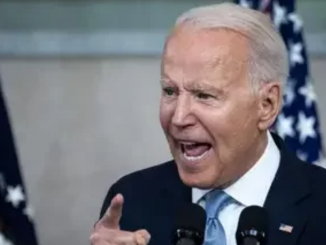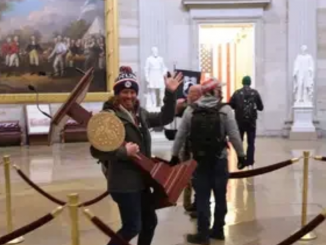
Calls to decolonise the curriculum have gained momentum over the past year following protests in support of the Black Lives Matter (BLM) movement.
On Monday, NASUWT members passed a motion calling for black history to be “fully embedded and taught across the curriculum” in each nation of the UK.
Michelle Codrington-Rogers, a teacher from Oxford, said that schools had realised that much of what they had been “teaching for years was not reaching all of our students in a way that they were able to see themselves”.
“All subjects need to ensure that there is inclusivity in their teaching,” she said. “That there is black visibility in design and technology, modern foreign languages, science and English, music and geography, art and maths, computer science and citizenship, food technology and drama, and all subjects have a responsibility to change the narrative that black people only have a history of enslavement and colonisation.
“We built the pyramids, developed modern numbers, built universities. Our ancestors were philosophers, scientists, military strategists, authors, writers, activists and so much more.”
Paulette Ennever, a teacher from Ealing, said: “I teach food technology and decolonise my lessons to students, so that they are aware of the origins of the food they eat.”
She spoke about how the teaching of black history was almost non-existent in her own schooling. “As a student we learned about slavery in a week. We learned nothing about the true torture of our ancestors, nothing about the true economic cost to a whole group of subjugated people. We learned nothing about the racial tensions that people endured, although we faced them both inside and outside the school gates.”
Ms Ennever said she had only been able to learn her ancestors’ history from a black supplementary schools in Birmingham which she attended during the holidays.
“I took history as an O-level as they were known then. I learned about English kings and queens and politics from a biased point of view – there was nothing in there about the contribution made by people who looked and sounded like me, or their politics. If I was upset then, imagine how students feel today when they still see nothing of themselves as innovators, doctors, or writers?”
Karen Williams, a teacher from Bedfordshire, said: “Seeing yourself left out of history can have a detrimental impact on who you become in the future… if you cannot see your past reflected in the curriculum you may feel you have no place in society.”
While the motion was passed, one fifth of delegates voted against it.
Luke Akhurst, a history teacher from Leicestershire, said teachers in England already had significant freedom over what to teach, and that overhauling the national curriculum could increase political interference.
He said that teachers “already had this power to decolonise the curriculum” and “should use it, not hand it to the politicians”. “I think that is a dangerous precedent,” he added.
*story by iNews.CO.UK
(*) WhitePrideHomeSchool.com


